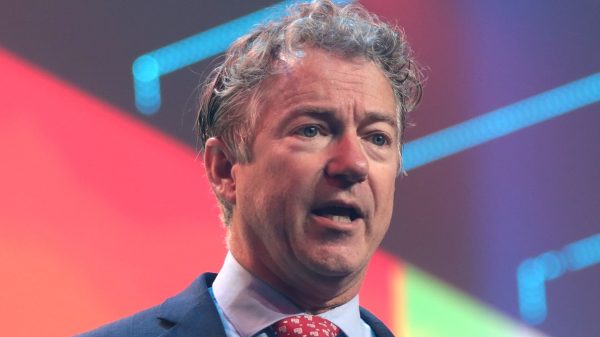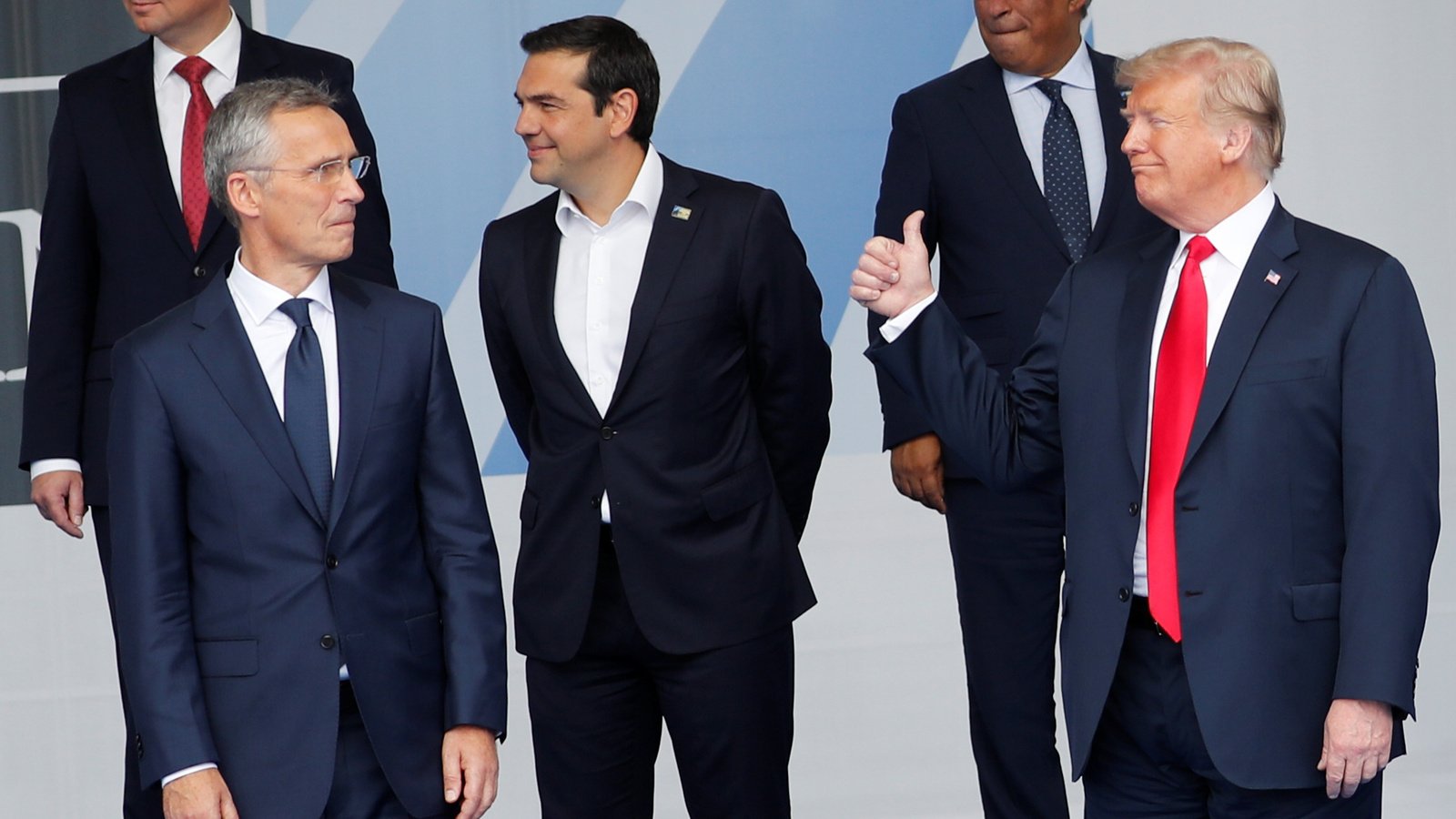Former US President Donald Trump’s recent remarks regarding NATO have raised serious concerns about the safety of US troops and allies. Trump suggested that Russia should have free rein to act against NATO members who fail to meet their defense spending obligations. This statement has prompted strong reactions from NATO leaders, including the Secretary-General, who emphasized the importance of solidarity and collective defense within the alliance.

Trump’s NATO Remarks Spark Concern: Allies Warn of Increased Risks to Troops and Security
Strong NATO Alliance Stands Firm Against Trump’s Remarks as Europe Urges Defense Investment Amidst Rising Tensions
The NATO Secretary-General emphasized that the alliance is committed to defending all its members and will respond forcefully to any attack. He stressed that undermining this principle not only jeopardizes security but also puts soldiers from both the US and Europe at greater risk. Despite Trump’s comments, NATO expects the United States to remain a strong ally, regardless of the outcome of the presidential election.
While Germany did not directly address Trump’s remarks, its foreign office reiterated the principle of solidarity within NATO. The sentiment of “one for all and all for one” underscores the importance of NATO in safeguarding over 950 million people across member states. Additionally, concerns have been raised by European countries, urging increased investment in military security to counter potential threats, particularly from Russia.
READ ALSO: Biden Imposes New International Law Requirements For U.S. Military Aid Recipients
Trump’s NATO Rhetoric Heightens Baltic and Polish Concerns Amidst Rising Tensions with Russia
Front-line NATO countries, such as Poland and the Baltic states, are particularly apprehensive due to their history of Soviet control and Russia’s recent actions, notably the invasion of Ukraine. Trump’s previous threats to withhold aid from countries deemed insufficiently committed to defense spending have already destabilized the alliance, especially for those sharing borders with Russia.
The activation of Article 5, NATO’s mutual defense clause, is a critical aspect of the alliance’s commitment to collective security. While it has been invoked only once, after the 9/11 attacks, the ongoing tensions with Russia have prompted NATO members to increase military spending. This commitment represents the largest military build-up since the Cold War, underscoring NATO’s determination to defend its members and deter potential aggressors.
READ ALSO: Former U.S. President Donald Trump Slams Biden Over Afghanistan: Claims Taliban-Controlled Nation Is Now A Global Seller Of $85 Billion In U.S. Military Equipment

















































